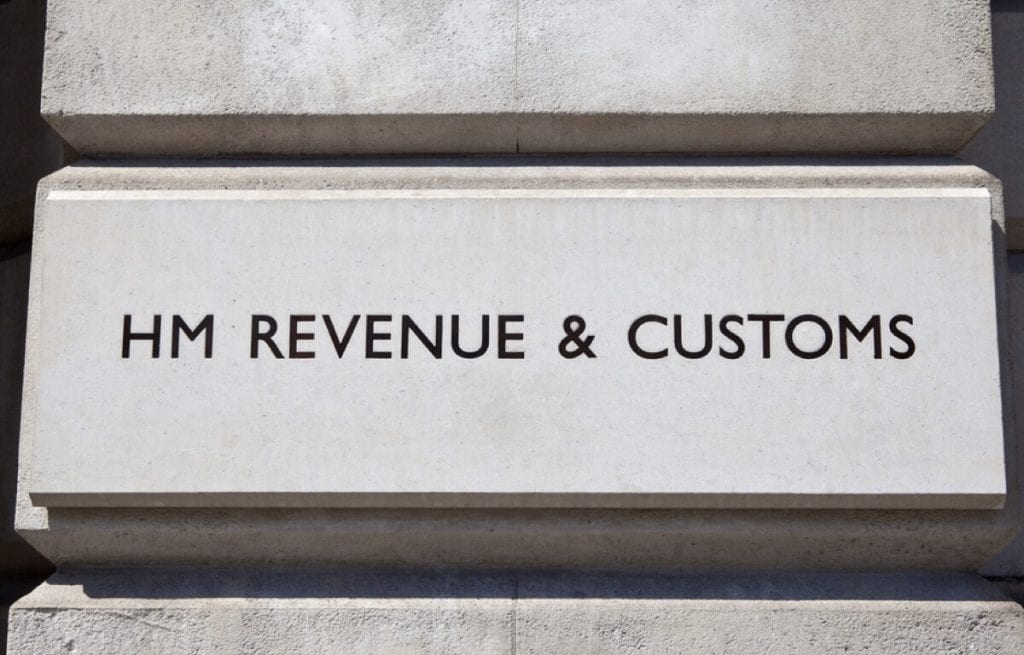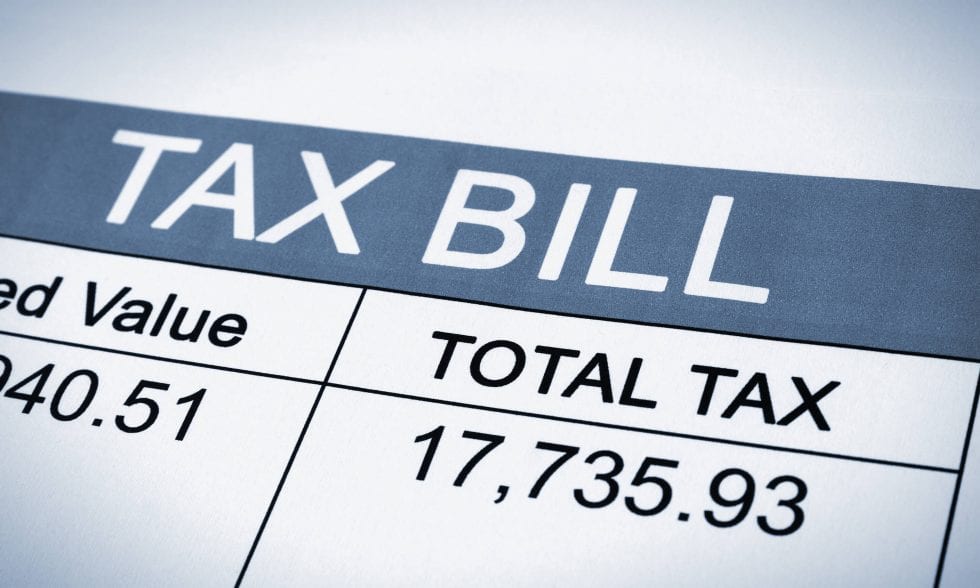Budget 2023 and Tax Services
In this last post in our series about the recent Budget, we take a look at measures introduced to simplify the tax system, proposals for modernizing the system and measures introduced to help with the collection of outstanding taxes.

Simplification measures for small businesses
The government is introducing a number of simplification measures to the tax system for small businesses with the aim of encouraging growth by reducing the administrative burden.
The announcements include changes to IT systems to allow tax agents to payroll benefits in kind on behalf of their clients and simplifications to the customs import and export processes.
Further consultations were launched which may lead to additional reforms including expanding the use of the cash basis. Proposed changes in the consultation include:
- Increasing the thresholds so that more unincorporated businesses would be eligible.
- Making it the default for eligible businesses.
- Relaxing the restrictions on interest costs and loss reliefs.
Modernising income tax services
HMRC are in the process of reviewing the whole tax administration system. It wants to simplify and modernise income tax services and have made a number of proposals including:
- Introducing a single customer account through which taxpayers will interact with all their tax information in one place, via an app or online.
- Reducing paper communications by going digital, providing Self-Assessment tax returns, notices to file, statements of account, payment reminders, tax calculations and coding notices digitally.
- Reviewing the circumstances in which taxpayers are actually required to file Self-Assessment tax returns.
If these proposals prove to be successful, then the cost of running the tax system and making it more efficient will be welcomed. They will also have responded to the calls made by the tax and accounting profession for HMRC to improve response times and service levels. It is to be hoped that tax agents will have access to the documents being posted to individual taxpayer’s single customer account.

Collecting tax debt
HMRC is owed a staggering £48 billion in unpaid taxes, notably increased as a result of the pandemic.
HMRC has already extended its existing self serve Time to Pay service for employees with PAYE debt. The budget included further measures to help HMRC better manage unpaid tax debts including funding over five years to enable it to:
- Distinguish between taxpayers who can afford to settle their tax debts but choose not to as opposed to those who are temporarily unable to pay. This will enable HMRC to better support those in temporary difficulty, and pursue more traditional collection methods with those refusing to bring their tax liabilities up to date.
- In turn, this will allow the existing “Time to Pay” arrangements to be further extended to a self service basis through HMRC’s online presence.
- Put in place a temporary boost to HMRC’s traditional debt collection capacity, mainly through the use of external debt collection agencies.
If the circumstances are right, you should contact HMRC to proactively manage any tax debts. It is normally the case that instalment arrangements can be arranged with HMRC. It is also the case that late paid interest on unpaid tax debts accrues daily and the current interest rate is now 6.5%. Putting in place a Time to Pay agreement will often result in late payment surcharges being avoided.
As always, the contents of this post are meant as guidance only and if you have any concerns or wish to discuss any of the issues arising, please get in touch.


